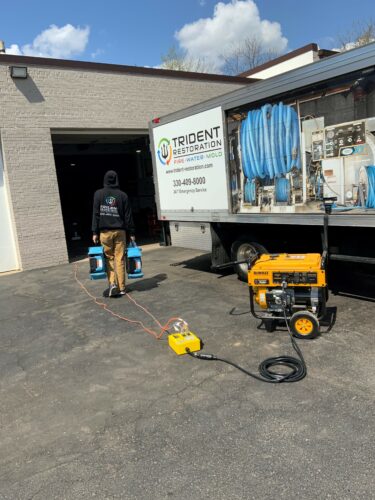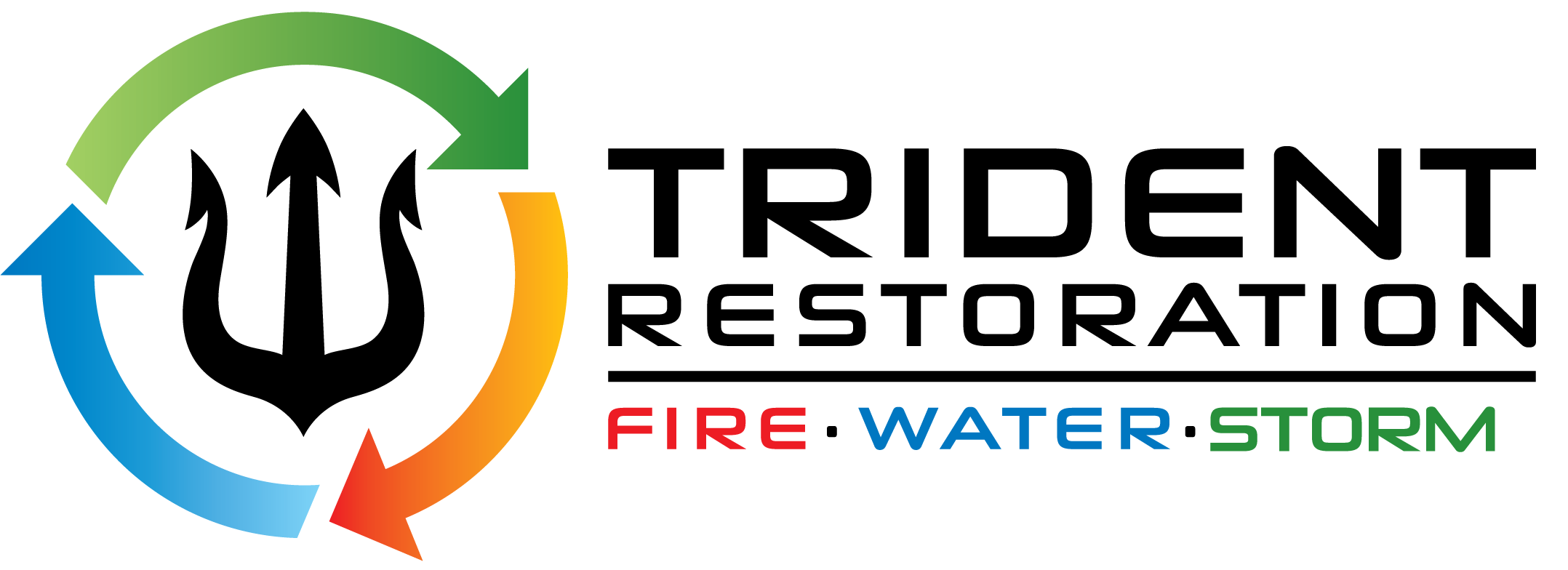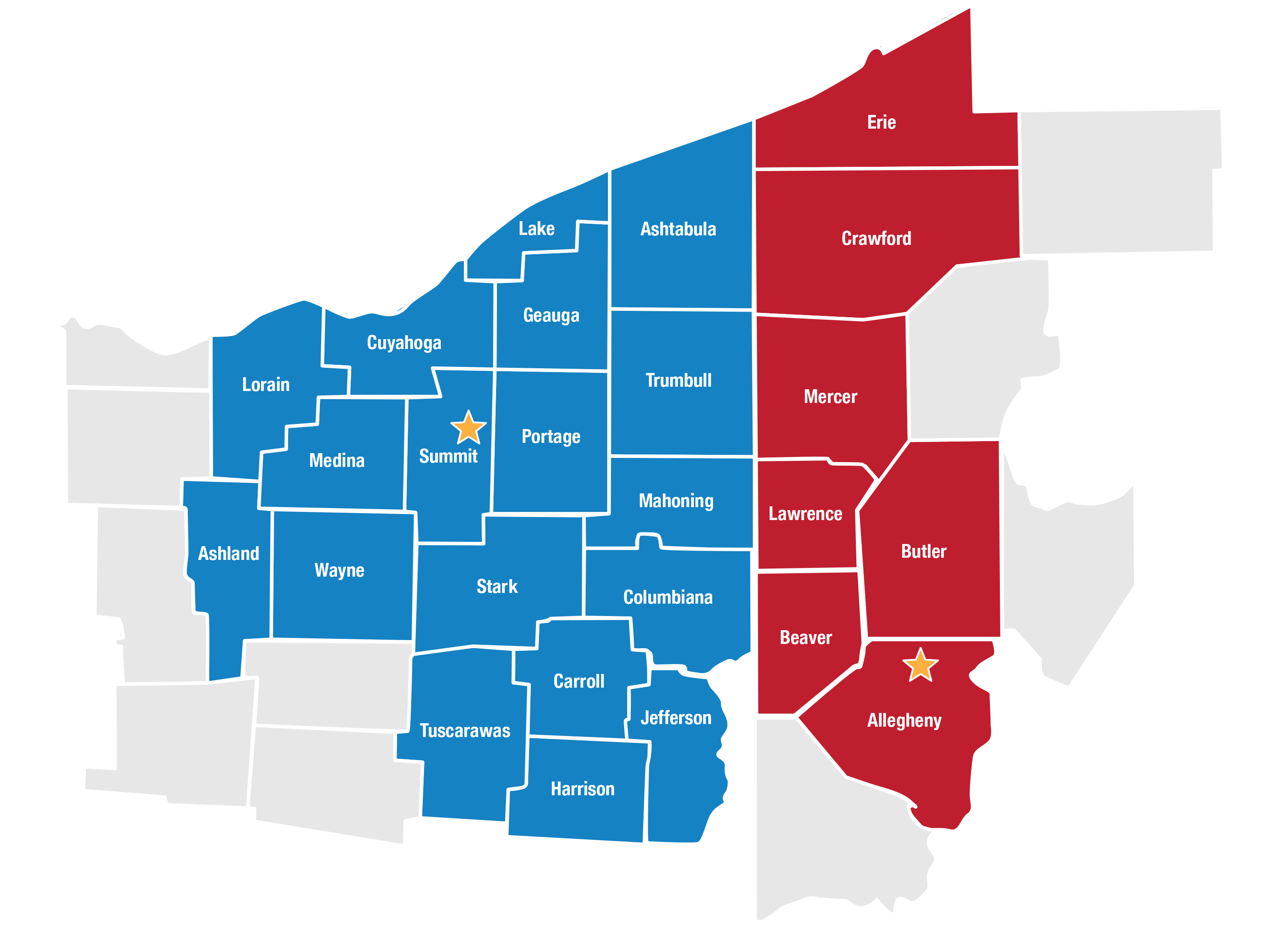Portable Electrical Equipment Safety
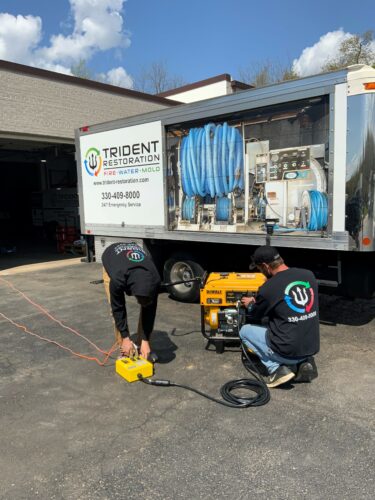
How to prepare for a blackout- what you need to know about portable generators
Imagine the following: your power goes out due to a power grid failure.
And to make matters even more intense – it is pouring outside.
You might be prepared for a situation like this if you have a collection of canned and dry goods, water and other emergency necessities stored up for when this happens.
But something that could be just as important as those listed above would be a portable generator. A generator could save lives in extreme conditions and provide comfort and security for those who need it the most when we rely so heavily on electricity.
Portable generators are excellent for several things in any emergency. In short term or long-term power outages, they keep appliances running to keep food cold, or to keep insulin chilled. They have the capacity to keep a space warm if it is cold outside, and cool if it is hot outside. They keep your phone charged in case you need to stay current with severe weather conditions or need to make an emergency phone call.
Although generators provide comfort during these emergency situations, it is important to know and understand the dangers that can occur. Caution and safety measures should always be practiced when using this piece of equipment. If not used properly, a generator can cause a plethora of issues that can result in damage to the area around the generator, damage to the generator itself, or in the worst-case scenarios, death, or hospitalization. If there are any injuries or electrocutions caused from the generator, or if there is any structural damage or fires created from the generator, call 911 immediately. With electrocution, there could be underlying issues that may not be visible right away so it’s important to call for help, even if you or others feel fine after the initial shock.
After you have contacted 911, calling your local restoration company is important because they can help fix any damages that occurred to your home and space and help you through the insurance claims process. Trident Restoration, based out of Akron OH has been handling emergency situations like this, among other disasters, for a year and a half. Although Trident Restoration is still a young company, our staff or 46 have been employed in the construction, water mitigation and restoration industry for decades, they are all certified with the IICRC and the skills and requirements that their team carry is well balanced. Because of this, Trident Restoration was even able to send a few certified workers to Texas to help with the damages caused from the snowstorm and statewide power outages.
———————————————————————————————————-
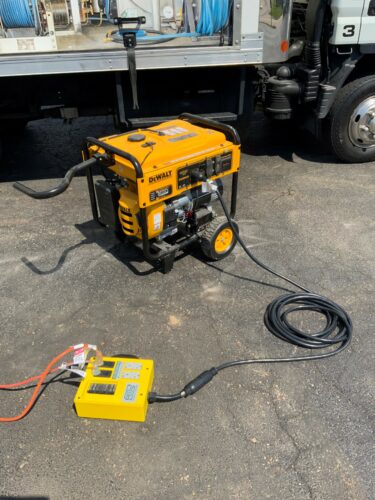
Here are a few guidelines to keep in mind when using a portable generator and extension cords-
1. Keep the generator outdoors or in an extremely well-ventilated space
– Your generator should never be used indoors. When using the generator to power a space heater, a window AC unit, or an appliance, be sure to leave the generator outside or in a well-ventilated space.
– An important thing to note is to use an extension cord that is compatible with your generator. If you need a long extension cord to get the energy to reach your space, never plug one extension cord into another. This can cause overheating in the cords which can turn into a serious problem, very quickly.
2. Give your generator space
– While your generator is running, carbon monoxide has the capability of spreading into your home, even while your generator is placed outside. To avoid any toxic gas from reaching the indoors, your generator needs to be kept away from any windows or openings into your house. Keeping your generator at least 20 feet away from your house provides sufficient space and allows the carbon monoxide to escape into the outdoor air.
– Investing in a battery-operated carbon monoxide detector is a beneficial tool to have, especially when there is a generator in the mix. This is an extremely useful tool for when your power goes out.
3. Always keep your generator and extension cords dry
– This might seem like common sense, but with any electrical piece of equipment, having anything wet around it or on it is extremely dangerous.
– If you must use your generator in the rain, keep it sheltered with a tarp.
– only use outdoor grade extension cords. If you use an extension cord that is only for indoor use, a fire could combust if the cord gets wet. The outdoor grade cord can withstand rain and snow and other elements that indoor cords cannot handle.
– do not attempt to plug or unplug anything from the generator with wet hands, or when you or the generator is submerged in any amount of water.
Follow these guidelines to avoid any other problems with extension cords-
- Do not keep extension cord covered, it could overheat and cause a fire. When covered, it won’t be visible and can act as a tripping hazard
- When not in use, always store cords indoors – this keeps you safe when using it, and it also extends the life and usage of the cord.
- Be sure to check the wattage of the cord before using it. The wattage is made to be compatible with certain devices. For example: to light a lightbulb, you need a smaller wattage than what it takes to run a refrigerator or to keep a space heater on.
Having a generator and proper extension cords are key tools to feeling safe and comfortable during an unexpected power-outage. If you refer to safety guidelines and use the devices with caution, they should pose no real threat to you and your family and loved ones. Whether your power went out in Texas from an unexpected snowstorm, or if high winds from a tornado threatens the valleys of Ohio and knocks down power lines, you can rely on the power of a generator to provide you with that lost electricity!
